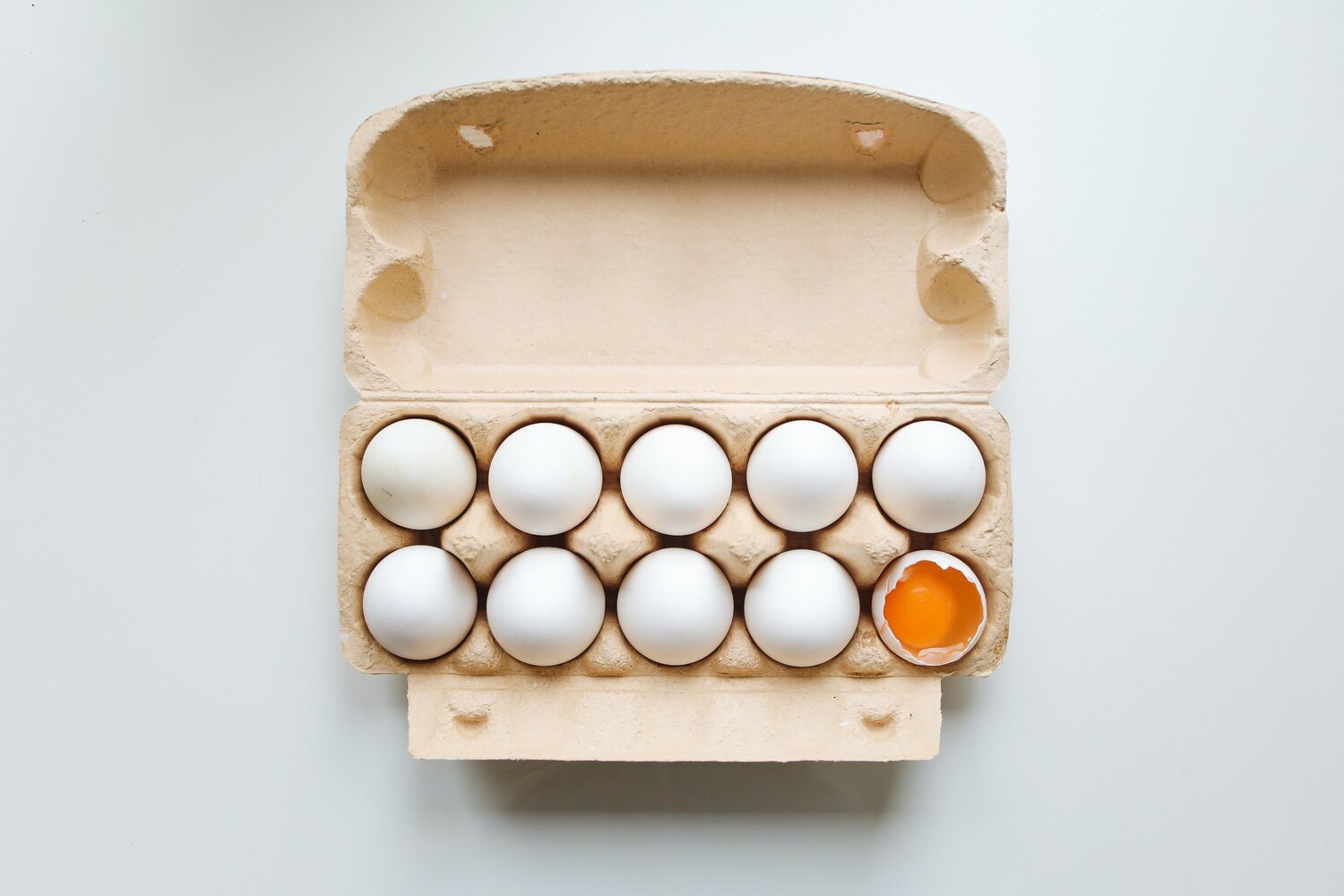
What Is the Keto Diet?
With so many diets out there purporting to have health benefits, it can be hard to navigate through them all to sort the fact from the fiction. If you’ve ever heard of the keto diet but are unsure what it is or if it might work for you, then read on to discover more.
The keto or ketogenic diet is essentially a very low carb, high fat diet. The idea of the diet is to get your body into ketosis, a metabolic state whereby it burns fat instead of carbs for energy. This state can also turn fat into ketones, which can help produce energy for the brain. Ketones are a type of chemical that your liver produces when it breaks down fats which are then used by the muscles and other tissues for fuel.
When you reduce the amount of carbohydrate in your diet, you limit the supply of glucose to your body. Glucose is what carbohydrates convert into in the body and is the main source of energy for your cells.
While watching your carb intake is the most important aspect of the keto diet, it’s important to watch your protein intake too. That’s because protein can also be converted into glucose if you consume too much, a factor which will delay your transition into ketosis. Although there are different types of keto diets including cyclical ketogenic diet (CKD) and targeted ketogenic diet (TKD), which play about with different ratios of carb, fat and protein, the standard ketogenic diet or SKD, is the one with the most extensive research and testing.
Typically, a standard ketogenic diet or SKD, contains 70% fat, 20% protein, and only 10% carbs. Thanks to their carb-heavy content, foods like grains, sugars, legumes, rice, potatoes and most fruits should be reduced or avoided, while high fat foods like meat, fish, eggs, nuts and healthy oils should be increased. If you’re already a fan of intermittent fasting and you want to try the keto diet, the good news is you’re probably already halfway there. When you fast, your body maintains a balance of energy by switching its source from carbs to fats, which is the exact same premise of the keto diet.
While many argue the case for carbs in your daily diet, there are numerous benefits for the keto diet. First and foremost, many people like the keto diet for its weight loss implications, as cutting carbs is one of the quickest and most effective ways to lose weight. Thanks to the high fat quota of a keto diet, the hunger usually associated with low-carb diets is virtually eliminated, because more fat keeps you feeling fuller for longer. Low-carbs diets are also more adept at reducing the visceral fat which tends to accumulate around your middle, and so can help get greater results when it comes to reducing abdominal fat. Keto diets are also a great way to increase the HDL or “good cholesterol” in your blood; one of the easiest ways to do this is by increasing your intake of good fat, something which the keto diet advocates. Keto diets are also an efficient way of burning fat and reducing blood sugar and insulin levels in the body and so can have advantages for those people with prediabetes or those at risk of type 2 diabetes; as with any changes to your diet it is important to always check with your doctor first.
